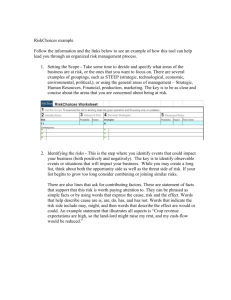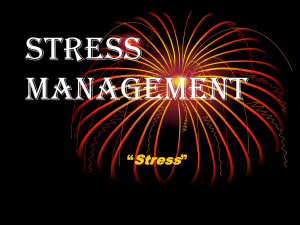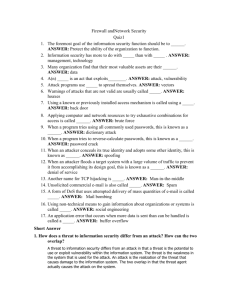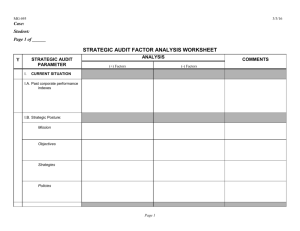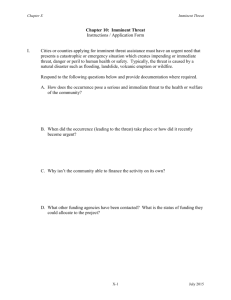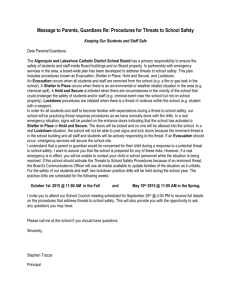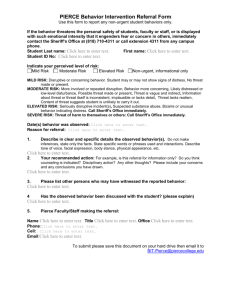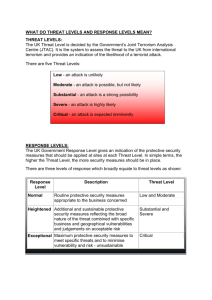Threat Assessment - Diana Browning Wright, Inc.
advertisement
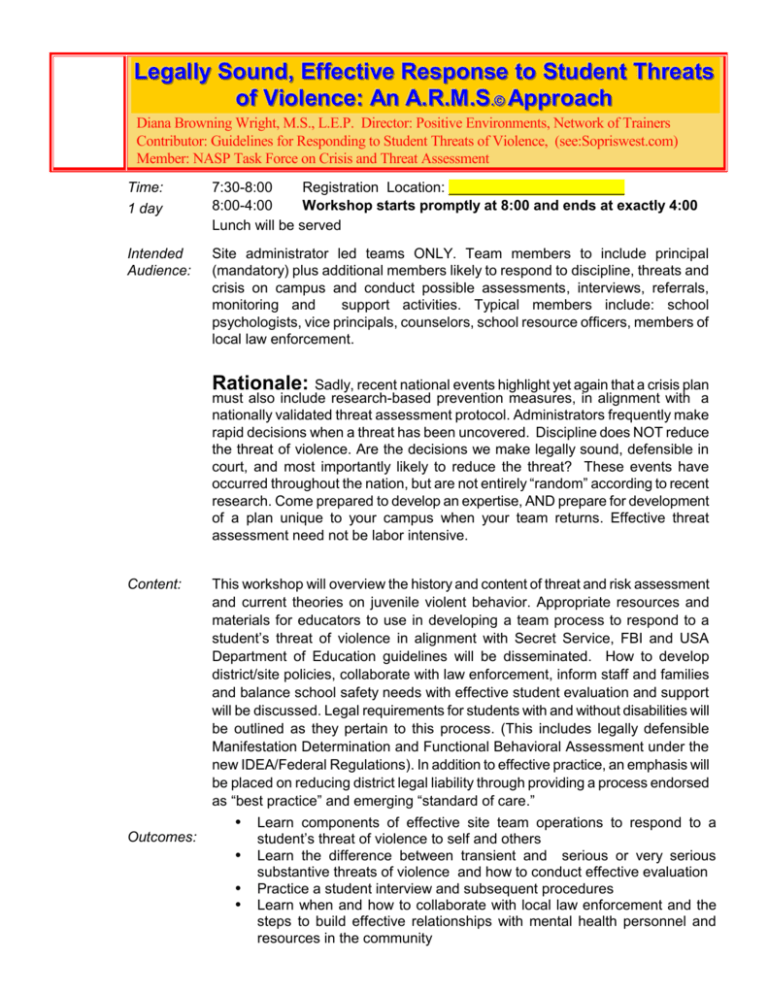
L Leeg gaallllyy S So ou un nd d,, E Effffeeccttiivvee R Reessp po on nssee tto oS Sttu ud deen ntt T Th hrreeaattss o off V Viio olleen nccee:: A An nA A..R R..M M..S S..©© A Ap pp prro oaacch h Diana Browning Wright, M.S., L.E.P. Director: Positive Environments, Network of Trainers Contributor: Guidelines for Responding to Student Threats of Violence, (see:Sopriswest.com) Member: NASP Task Force on Crisis and Threat Assessment Time: 1 day 7:30-8:00 Registration Location: ______________________ 8:00-4:00 Workshop starts promptly at 8:00 and ends at exactly 4:00 Lunch will be served Intended Audience: Site administrator led teams ONLY. Team members to include principal (mandatory) plus additional members likely to respond to discipline, threats and crisis on campus and conduct possible assessments, interviews, referrals, monitoring and support activities. Typical members include: school psychologists, vice principals, counselors, school resource officers, members of local law enforcement. Rationale: Sadly, recent national events highlight yet again that a crisis plan must also include research-based prevention measures, in alignment with a nationally validated threat assessment protocol. Administrators frequently make rapid decisions when a threat has been uncovered. Discipline does NOT reduce the threat of violence. Are the decisions we make legally sound, defensible in court, and most importantly likely to reduce the threat? These events have occurred throughout the nation, but are not entirely “random” according to recent research. Come prepared to develop an expertise, AND prepare for development of a plan unique to your campus when your team returns. Effective threat assessment need not be labor intensive. Content: This workshop will overview the history and content of threat and risk assessment and current theories on juvenile violent behavior. Appropriate resources and materials for educators to use in developing a team process to respond to a student’s threat of violence in alignment with Secret Service, FBI and USA Department of Education guidelines will be disseminated. How to develop district/site policies, collaborate with law enforcement, inform staff and families and balance school safety needs with effective student evaluation and support will be discussed. Legal requirements for students with and without disabilities will be outlined as they pertain to this process. (This includes legally defensible Manifestation Determination and Functional Behavioral Assessment under the new IDEA/Federal Regulations). In addition to effective practice, an emphasis will be placed on reducing district legal liability through providing a process endorsed as “best practice” and emerging “standard of care.” Outcomes: Learn components of effective site team operations to respond to a student’s threat of violence to self and others Learn the difference between transient and serious or very serious substantive threats of violence and how to conduct effective evaluation Practice a student interview and subsequent procedures Learn when and how to collaborate with local law enforcement and the steps to build effective relationships with mental health personnel and resources in the community Options & Requirements Collaborative work group format is required throughout the workshop. About the presenter: Diana Browning Wright is the Director of California’s Statewide Positive Environments, Network of Trainers. She has been involved in threat assessment, juvenile violence research and intervention design since 1971 and has first-hand experience leading a crisis response to a shooting. She regularly consults with administrators faced with potentially dangerous activity, and continues annual training of the Arkansas network of behavior specialists (following Jonesboro events) as well as other statewide organizations striving to employ research based responses to student threats of violence. Ms. Wright was the keynote speaker for California’s safe school convention, presented at ACSA superintendents’ convention, The Lozanosmith law firm’s superintendents’ retreat, NASP annual convention and other organizations on this topic. She continuously collaborates with Dr. Dewey Cornell, University of Virginia forensic psychologist/school safety specialist and FBI trainer, specializing in threat assessment of juveniles and frequent mental competency evaluator for perpetrators. Additionally, Diana has co-presented on threat assessment with several nationally prominent attorneys, and is committed to providing districts time-efficient, legally defensible protocols for evaluating threat.
